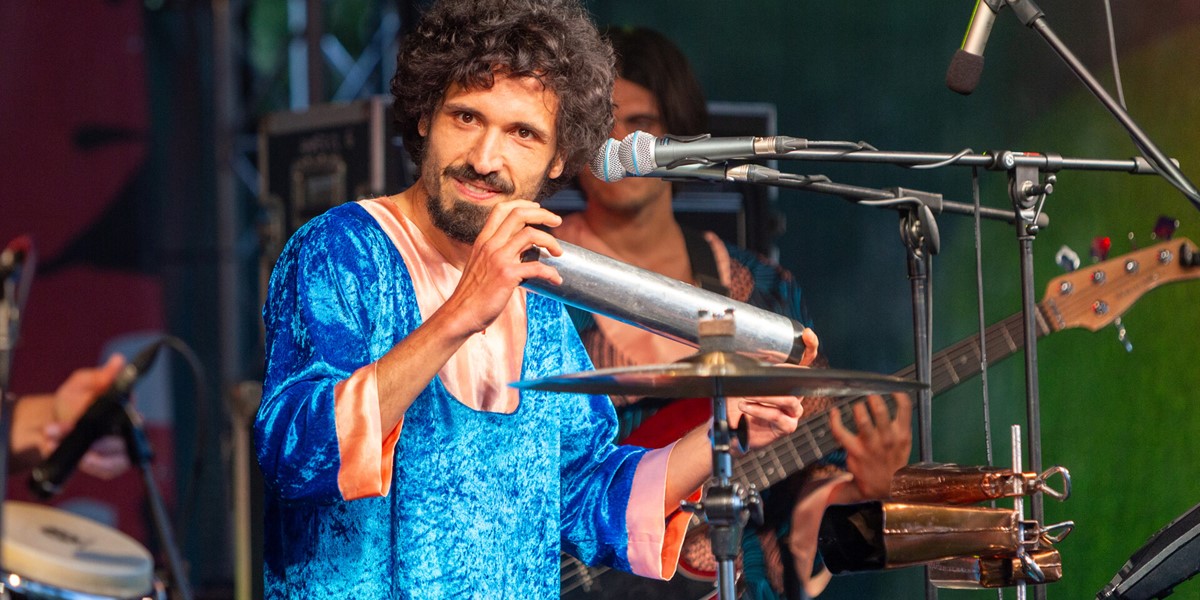Monday, July 24, 2023
Ethno Port, Poznań, Poland, June 23-25
Poland’s Ethno Port festival draws together dancing-fool frenzy and meditational contemplation, inviting acts from Congo, Crete, Reunion Island and much of South America

© Maciej Kaczyński

Register now to continue reading

Thanks for visiting the Songlines website, your guide to an extraordinary world of music and culture. Sign up for a free account now to enjoy:
- Free access to 2 subscriber-only articles and album reviews every month
- Unlimited access to our news and awards pages
- Our regular email newsletters


